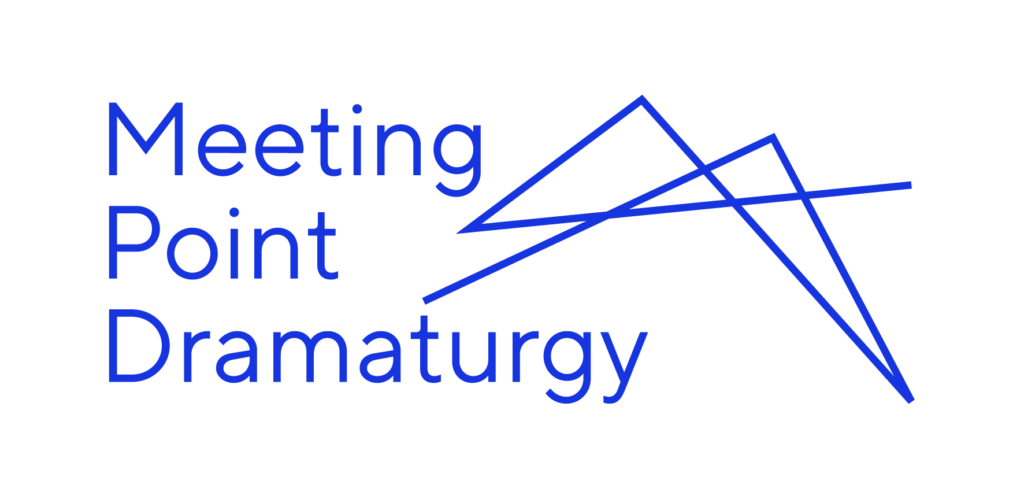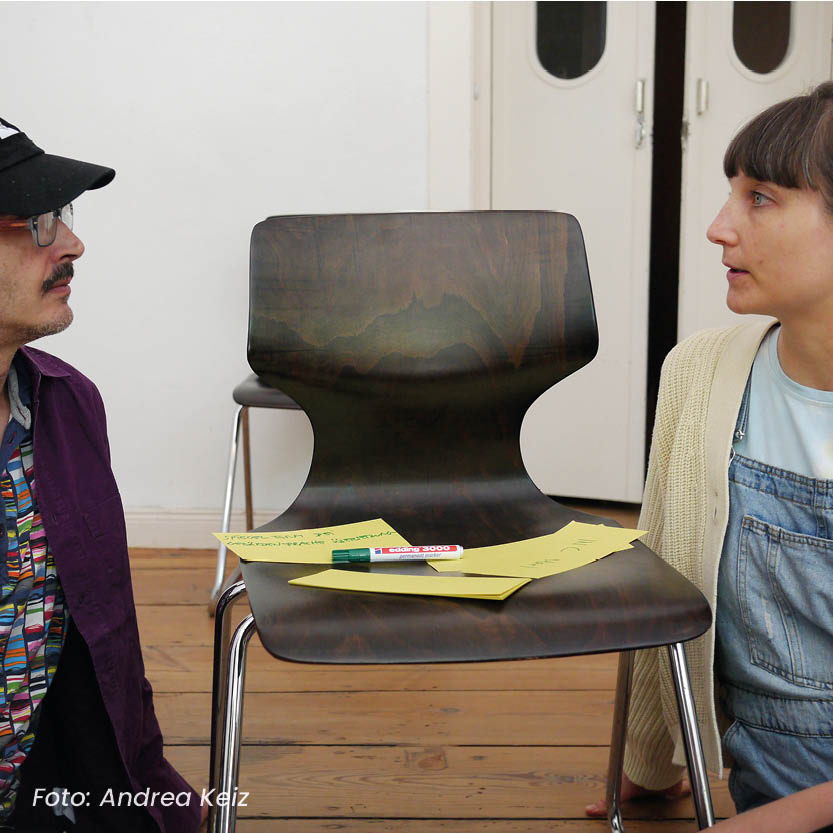Carolina Mendoça about Meeeting Point Dramaturgy
August 2021
When I first saw the call for the Dramaturgy Akademie I immediately thought it was something that I have been looking for a long time but I never managed to find or give form to it. Not even in my imagination. And then the three intense days in May came and I was so surprise to see how things were slowly taking form. Something very special emerged between the prepared frame proposed by the organizers and the responses and common desires of this group of people present in the first episode of the Akademie.
I was extremely thankful that we were a diverse group of dramaturges, working in different conditions and in different scenes. I was also very glad that we didn’t talk so much about the pieces, installations and other collaborations that we do. We were really investigating what is our role as dramaturges, what do we actually do?; how do we do it?; what are our struggles? how can we make it different?
I have been working as a dramaturge since at least 2011 but in my circle of friends and close colleagues no one is a dramaturge. So dramaturgy is not exactly a community that I fell part of it. Still in these three days of zoom meetings I felt a tender sense of common emerging among people that where unknown to me until then. I felt so connected to people that I have never meet before. They faced problems that I faced many times in my practice; they open new perspectives in face of these problems in ways that were as refreshing as they were helpful. There were moments that we would be all in silence after a certain question, these silences were thick with thought and complicity. Through out the discussion there was a deep sense of commitment and a high quality of listening because we all knew such a space is as rare as it is necessary.
I was surprise to see how little we spoke about concepts and theory and how much we spoke about care and conditions of work. Isn’t this one of the dramaturges main concerns? Some days ago I was talking with a choreographer with whom I work and we were trying to figure out how do deal with a project that was heavily affected by the pandemics and that is almost falling a part. I was insisting in finding ways to be honest with the first questions that gave form to the project and specially I insisted that we had to find ways to support the team that has carried for almost two years a nebulous idea of a project that never happen, a financial support that never arrived. Imagining realistic and some more delirious possibilities in a windy cafe my choreographer friend turned to me unexpectedly and asked: Who is taking care of you? I only shrugged my shoulders. Now, some days later I think that dramaturges try to provide a system of care in the projects we work in the hope that this will also allow us to be taken care of. But well, we all know it doesn’t always work like this.
I am telling this story because during the days of the Dramaturgy Academy I could foresee what a community of dramaturges could provide: A safe space to investigate and to think critically about what is happening behind the scenes. A community where the work of the dramaturge can become less invisible and less secret. So in the future I might be able to answer to this choreographer that I am being taken care of.
In the aftermath of the first meeting of the Akademie I found interesting to think that this meetings could be a collective way of caring, a community that could map common struggles and forms of resistance in the dramaturgy practice. To give sequence to the Akademy would be a way to find out if this community is possible by practicing it. The last talk we had in the first episode was about friendship as a way of working and this echoes with the memories I have from that weekend, a group of people sharing time and trying to find and to nurture lines of force. Together understanding and complexifying our work, our institutional relations, how to relate our ideologies and believes and how can we find ways to be more coherent with how we want the world to be. All of us in the performing arts are a bit clueless at the moment, we are in a critical moment and in moments of crises such as this it is even more important to get together and discuss where do we want to go. What kind of changes do we want to fight for? What kind of conditions we do not want to make it even more precarious? This can only be done collectively and by a group of people that is as committed as it is diverse. The academy could provide nets of care to keep dramaturges going with a much more collective compass and these for sure would allow the whole context to be more grow stronger and to reach unforeseeable possibilities.


